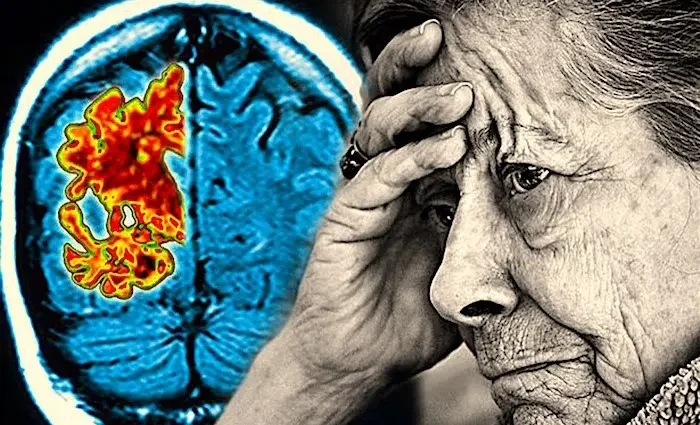People who have suffered severe brain damage produce less melatonin, leading to sleep disorders, Australian researchers report in the journal Neurology.
It is known that people with brain injuries often suffer from sleep disorders. To find out the exact causes of such ailments, the group of Dr. Shanth Rajaratnam from Monash University in Victoria studied 23 people who had serious brain injuries and 23 healthy people of the same age in the sleep laboratory.
After two nights of detailed research, it turned out that the body of healthy people in the evening produces more melatonin, commonly known as the sleep hormone. According to the researchers, this proves that during brain injuries, melatonin-producing structures responsible for the regulation of the circadian rhythm and sleep are damaged.
In addition, the authors of the study observed that people with brain damage sleep differently than healthy people – primarily shorter and less efficiently. They take longer to fall asleep – an average of 62 minutes, compared with 27 minutes for healthy people. Another difference is the shortening of the REM sleep phase (i.e. rapid eye movements) and the extension of the slow wave sleep phase.
In subsequent studies, scientists plan to check whether giving patients with brain injuries a melatonin supplement will help them restore normal sleep (PAP).










